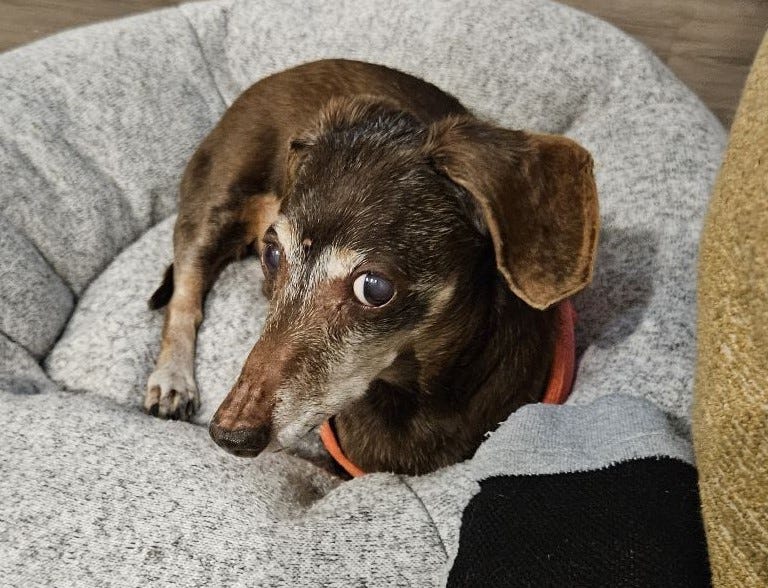Creativity?
What is creativity?
We humans have been wondering this for thousands of years. During much of our past, creativity was a gift from the gods. Our earliest and well-known myths have reinforced this over the generations, and these myths laid the foundation for our view on creativity today.
Take a gander at the Greeks, who came up with the Nine Muses, explaining why some human beings could come up with novel ideas, while others could not. Spoiler: it’s because supernatural deities whispered into their ears. Likewise, Abrahamic religions insisted that God created everything ex nihilo. Creativity was clearly a divine spark that took hold of a person’s mind, inspiring them to… well, create.
How did this spark first emerge? I imagine it was out of necessity, the mother of invention. We humans didn’t have everything we needed to survive and thrive, so we invented new ways of solving problems. This very practical and necessary step arose so that we could survive and become human, for creativity and humanity are joined at the hip.
Or so we’ve been led to believe our whole lives.
There’s no doubt that we are incredibly creative. We needed to create stones that were sharper than those found in nature, and so we did. We needed a way to stay warm and to cook our food, so we figured out how to keep fire under control. We needed a better way to communicate, so we made up language.
One day, we made something that was capable of creating new things all on its own.
People have always had the capacity to generate ideas that nobody before them had ever come up with, but now they could do it in an instant, with very little effort.
Why is everyone so reluctant to call this creativity, when we’ve been the only ones we considered creative for as long as we can remember? I think the question answers itself.
Honestly, this is mostly just arguing over definitions all over again.
Long before you get to any sort of Skynet scenario, you run into these very interesting (and very fundamental) questions. What I want to point out today is that not only are these questions difficult to answer about AI, but we don’t even know how to answer these questions about ourselves.
This all hearkens back to the idea that humans are special. Not only are we separate from all of the other animals, but we’re also (supposedly) blessed by the gods, so we bridge the gap between their realm and the Earth.
We humans are kind of a big deal, at least to ourselves.
If someone asks me whether I think AI can be creative, I will always ask them what they mean by creativity. This will almost always open a doorway to a much richer, deeper conversation, for we’re not running the risk of talking past one another. Instead, we’ve calibrated our idea of how to define something so complex first.
Then, a funny thing happens: we’re not usually talking about AI anymore, but instead about ourselves. How does one define creativity in the first place? If it’s through a human lens, there’s still plenty of complexity and potentially crossed wires contained in this very loaded word.
AI philosophy quickly becomes, simply put, philosophy.
One final note for today: all this ambiguity isn’t necessarily a bad thing. Sure, we don’t all agree on what being creative means, but I’ve found that living with uncertainty—and understanding that not everyone might mean the same thing—is far more useful than imagining I know what the other person is thinking.
There also might be some benefit in not having a unified, precise definition for creativity. This way, all approaches are on the table and nothing is off limits.
What do you think?





I always find this conversation starts because most humans think we are uniquely and individually created vs the reality of mimicry, inspiration, and derivative creativity.
Beautiful
Please take a look at mine on creation of art and non duality
https://substack.com/@collapseofthewavefunction/note/p-167021101?r=5tpv59&utm_medium=ios&utm_source=notes-share-action